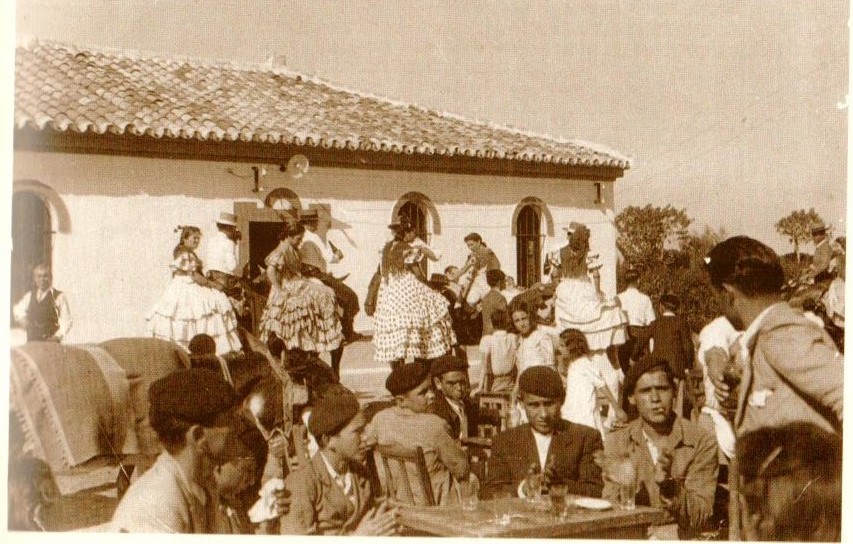A few days ago one of my spanish house neighbors asked me how my block was going. I responded that it was great and that I had just spent all morning cooking over zoom with my class. She then asked what class I was in, and when I responded that I was taking Musical Lives of Song and Migration she looked a little surprised, joking that “cooking in a music class makes perfect sense!” I had the exact same reaction when I first heard about the cooking we would be doing. It seemed strange and like it had very little to do with what we would be talking about in class. I don’t think that anymore. It is a testament to the beauty of this class that the cooking activity feels like a seamless fit with the rest of the material.
On tuesday we spent 2 hours cooking enfrijoladas with Chef Bárbara Santos-McAllister and through that experience began to learn the importance of cooking in her life. It struck me how similar food and music are, while being completely different. It was really clear that cooking was a powerful way for her to engage with her home country of Mexico and even to explore the details of what tools/utensils/ingredients are indigenous, what tools/utensils/ingredients are colonial, and how these two groups have merged in many cases. Her cooking speaks to a complicated and violent history, and doesn’t let us forget the pain caused by colonialism. But it also brings to mind ideas of hope, continuity, and survival. Music often accomplishes all these things as well. Infact, we could even extend the comparison to say that food and music are similar in that they are better when shared with others.
This whole experience illustrates the larger point that a good ethnographer must practice open listening. As an ethnographer it is not the best strategy to go in with a certain point of view you want to prove or with an idea of what you want to hear. It is preferable to attempt to open your mind and ears to take in as much as possible. This is not to say that one shouldn’t have a basic plan when conducting ethnography, it is merely to say that we should be aware of observation bias and do our best to combat it. After all, without open listening and Professor Carrizo’s guiding hand it is possible that I would have completely missed the important connections between food and music (connections which are important in my family’s story as I found out in my auto-ethnograpy).
The aforementioned auto-ethnographic project has been the highlight of the week. For me, this took on the form of three interviews, one with my brother, one with my parents, and one with my abuelos. I could talk for hours about the interesting stories everyone told me, what I learned about my family, and what I learned about myself, but ultimately this isn’t the place to do that. Suffice it to say that this project allowed me to learn who my bisabuelos were (and I even got to see pictures of them I hadn’t know actually existed), what life was like under the Franco dictatorship for my abuelos, and how my parent’s and brother’s unique position as people who belong both to Spain and the US informs their life.
But that’s not all I learned. Ultimately the practice I have gotten with ethnography throughout this class has served to give me more confidence in my abilities and to guide my mindset about my thesis. If the situation with covid gets a lot better and I can set up some ethnographic work for my thesis, this class will be one of the reasons I feel even the slightest bit prepared to engage with that work in a productive and healthy way.
Description of Featured Image: The image at the top is of the neighborhood where my abuelos met, raised their kids, and still live. It was taken in 1945, just a few years before my abuelo moved to the neighborhood.
